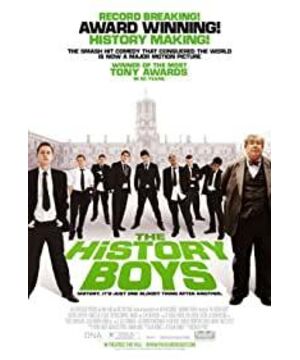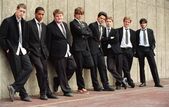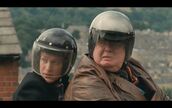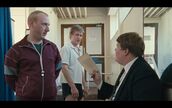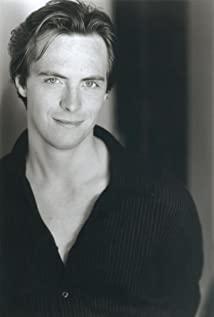1.
As for truths, scripts, forget it.
Knowledge, pursue it for its own sake.
The method of learning history advocated by Irwin reflects the essential difference between Eastern and Western education.
There is no need to memorize any accepted historical facts, because everyone knows them. The way to learn history is to choose a new angle, to re-observe, dig, analyze and think with new methods and new logic. From the same period of history, to find different places, such research has value.
Irwin's claim is completely contrary to the Chinese people's usual understanding of "history is rote memorization". History is vast and grand, and no one can truly see it clearly. Keep an open mind and keep researching; or make a final decision and become rigid and dogmatic, that's the difference.
Recite, the only truth recorded in textbooks. For the humanities, this approach to learning amounts to destruction.
2.
Take it, feel it and pass it on.
The significance of history lies in inheritance. From one person, to another person, to another person. From one place on Earth to another, from one time period on a linear timeline to another subsequent time period. Culture is repeatedly interpreted, changed, and passed on. This is the meaning of history. The value of culture is gradually accumulated by passing it on from an individual in this way.
Hector said emotionally, when you were reading, you met another person and was captured by him. He grabs you and you feel him. This is the transmission of culture, you need to sink down, slow down, and accept it with your heart. Then it spreads your way.
In the era of great development, each of us is running at a high speed, unwilling to lag behind. Culture, is being ignored and lost. People who are eager for quick success are impetuous. To Feel may be a very short moment, but To Feel needs to really calm down the heart. The process of this transmission cannot be done by just squinting the gossip news on the Internet, and trying to memorize a few textbooks or vassal masterpieces is also futile.
Chinese people are about to become so poor that only RMB is left!
3.
How does histry happen? History is just one fucking thing after another, nothing special, ordinary stuff.
History is made up of a chain of serendipitous events that finally form a result. Like the flapping wings of a butterfly, or the small drum playing in Wang Jiazhi's heart, these undetermined factors together lead to a result. There is no right or wrong, what happens is called inevitable. In the process, any change in one item may lead to a different outcome.
Middle school textbooks have told me this assertion, and it's nothing new, but Hector's way of teaching is very innovative. Virtual form - Hector uses such a phrase to imagine past possibilities, and consequences. Role-playing in the classroom should be a very interesting teaching mode. Students can immerse themselves in history and enjoy the dramatic experience of changing time and space. Characters and props, a series of events and choices come down, and finally form history.
So I realized more deeply that all kinds of existence are changeable, so the future will always be uncertain! Not even half an hour later. Only what happened by chance is called inevitable, and only what has happened in the past is truly determined.
After so many coincidences, so many coincidences, and so many choices in the past, we are here today.
From today to the unpredictable future, there are countless accidents waiting to happen.
It turns out that our day is so precious!
I will definitely cherish and grasp the present.
View more about The History Boys reviews


